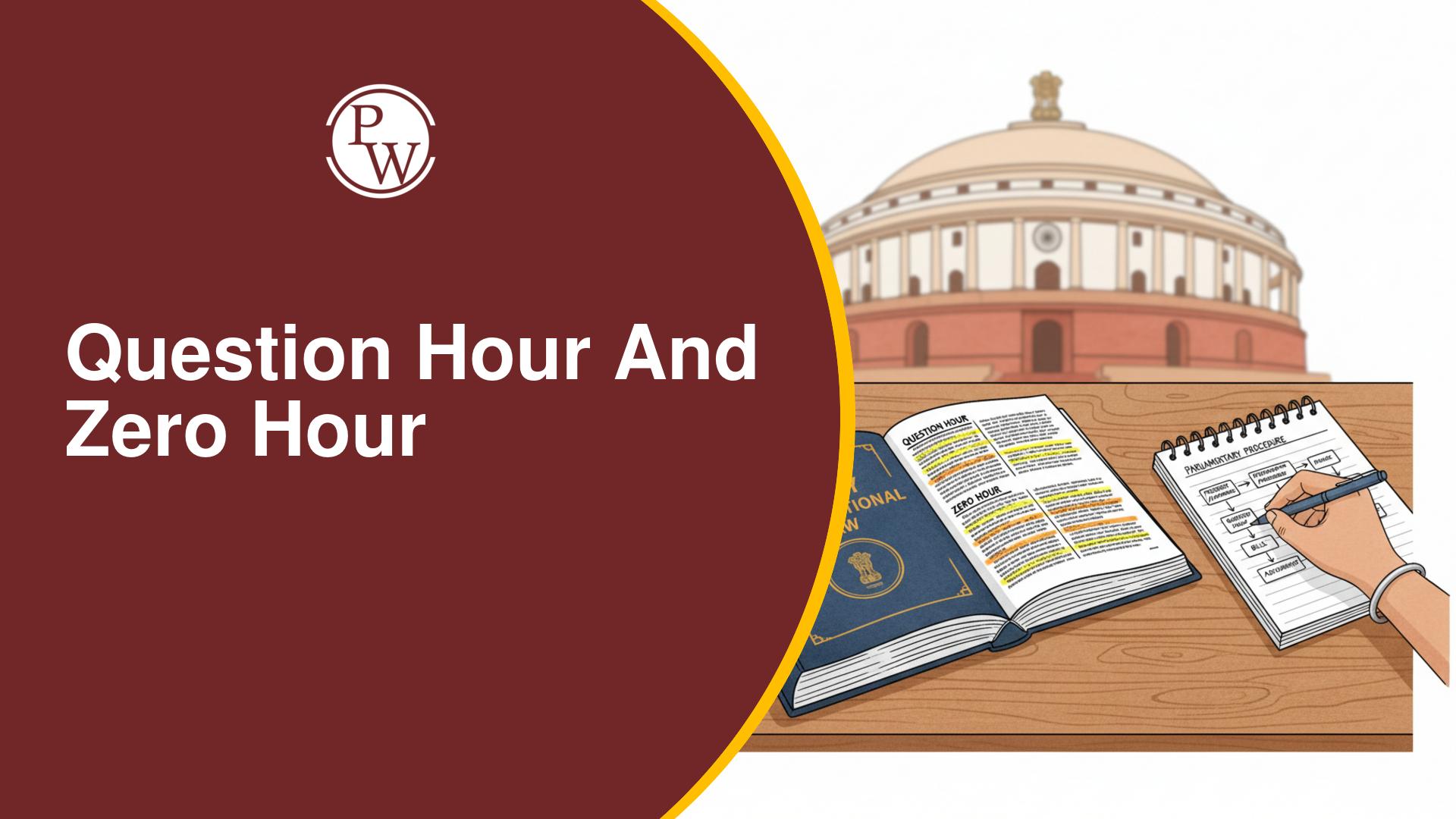
World Refugee Day 2025 will be marked globally on Friday, 20 June 2025. It is an international day designated by the United Nations to honor refugees around the globe. Refugees are people who have been forced to flee their home country due to war, persecution, or violence. World Refugee Day 2025 will highlight the strength and bravery of those forced to flee their homes, while calling for their protection and inclusion in society.
World Refugee Day 2025
World Refugee Day is observed every year on June 20. It’s an international day declared by the United Nations (UN) to honour the strength and courage of refugees. On this day, the world comes together to raise awareness about their situation and promote support for their rights and needs. From community discussions to awareness drives, various activities will take place.
| World Refugee Day 2025 Overview | |
| Date | 20 June 2025 |
| Purpose | To honour refugees and raise awareness about their rights, needs, and dreams. |
| First Observed | 20 June 2001 |
| Theme | Solidarity with refugees. |
| Global Refugee | 43.4 million officially, approx 123 million forced to flee(www.unrefugees.org) |
| Organizers | United Nations, United Nations High Commissioner for Refugees, NGOs, governments, civil society organizations, and communities worldwide. |
| Activities | Events, exhibitions, workshops, community gatherings, advocacy, sports tournaments, film screenings, and social media campaigns (e.g., #Dance4Refugees). |
World Refugee Day 2025 Theme
The official theme for World Refugee Day 2025 is "Solidarity with Refugees." This theme urges people to take real action to support refugees. It encourages us to listen to their stories, defend their right to seek safety, and help find lasting solutions. World Refugee Day Theme 2025 reminds us to create welcoming communities where refugees can thrive and to provide countries with the resources they need to offer support.
World Refugee Day History
The United Nations General Assembly officially established World Refugee Day in December 2000. It was first observed on June 20, 2001, marking the 50th anniversary of the 1951 UN Refugee Convention. Interestingly, many African nations were already observing Africa Refugee Day on the same date.
The UN decided to turn this regional observance into a global day of action. Since then, the world has observed this day every year with events that inform, educate, and mobilise communities. Through the years, the day has become a global platform to advocate for the rights and well-being of refugees.
Refugee Meaning
The term refugee refers to someone who has been forced to leave their country due to war, violence, or fear of persecution. They cross international borders, often in unsafe conditions, to find safety in another country.
According to the 1951 Refugee Convention:
|
“Owing to a well-founded fear of being persecuted for reasons of race, religion, nationality, membership of a particular social group, or political opinion, is outside their country of nationality and is unable or unwilling to avail themselves of the protection of that country.” |
It is important to understand that refugees are not migrants. Migrants move to improve their living conditions, often for work or education. Refugees flee for their lives. They cannot return unless the threat in their home country ends.
Refugees in India
India is not a signatory to the 1951 Refugee Convention or its 1967 Protocol and lacks a national refugee law. Refugees are managed under general foreigner regulations, primarily the Foreigners Act of 1946. Despite this, India has welcomed people escaping violence and persecution from its neighbouring countries.
Credit: https://reporting.unhcr.org/operational/operations/india
Here are some of the major refugee groups living in India:
| Refugee Group | Origin | Key Locations in India | Key Details |
| Myanmar (incl. Rohingya & Chin) | Myanmar | Assam, West Bengal, Delhi, Telangana, Jammu & Kashmir, Northeast India | Rohingya face severe challenges, including detention and lack of access to services. |
| Sri Lankan Tamils | Sri Lanka | Tamil Nadu, Delhi | One of the largest and oldest refugee groups in India. |
| Tibetans | Tibet/China | Himachal Pradesh (Dharamshala), Karnataka, West Bengal (Darjeeling) | Have established settlements and institutions across India. |
| Afghans | Afghanistan | Delhi, Punjab, Haryana | Includes Hindus, Sikhs, and Muslims. |
| Bangladeshis (Chakmas, Hindus) | Bangladesh | West Bengal, Assam, Tripura, Mizoram | Includes Chakma Buddhists and many Hindu refugees from communal violence. |
|
Pakistanis (Hindus, Sikhs) |
Pakistan |
Rajasthan, Gujarat, Punjab, Delhi, Haryana |
Annual arrivals, mostly Hindus and Sikhs fleeing persecution. |
Refugees Convention
The Convention Relating to the Status of Refugees, commonly known as the 1951 Refugee Convention, is the foundational international treaty that defines who is a refugee and outlines their rights and the responsibilities of host countries. It was created in response to the refugee crisis after World War II and later expanded by the 1967 Protocol.
It operates on three core principles:
-
Non-refoulement: States must not return refugees to a country where their life or freedom would be threatened.
-
Non-discrimination and Non-penalization: Rights must be applied without discrimination; refugees should not be penalized for illegal entry if they present themselves without delay.
-
Minimum Standards of Treatment: Refugees are entitled to basic rights such as access to courts, education, work, and public relief
As of 2025, 149 countries are parties to either or both the 1951 Refugee Convention and its 1967 Protocol. India, however, has not signed them. Despite this, India follows several principles of the Convention, mainly through humanitarian policies and UNHCR collaboration.
World Refugee Day 2025 Significance
The significance of World Refugee Day 2025 lies in its message of hope, protection, and unity. It reminds the world of the urgent need to stand with refugees and ensure their dignity is preserved. This day helps shift the narrative from viewing refugees as burdens to seeing them as resilient individuals.
Many rebuild their lives, contribute to society, and bring new perspectives. World Refugee Day 2025 also sheds light on the struggles of statelessness, hunger, and trauma that refugees often endure. It promotes policies that ensure safe asylum and access to basic rights. For youth and civil society, it is a powerful moment to reflect and take action.
In the face of ongoing conflicts and displacement, World Refugee Day 2025 offers a chance to recommit to compassion, justice, and peace.
Explore PW UPSC Courses to understand global issues and scale up your preparation!
World Refugee Day 2025 FAQs
When is World Refugee Day 2025 observed?
What is the theme for World Refugee Day 2025?
What is the meaning of a refugee?
When did World Refugee Day start?
Is india signatory to 1951 Refugee Convention?

UPSC Coaching









